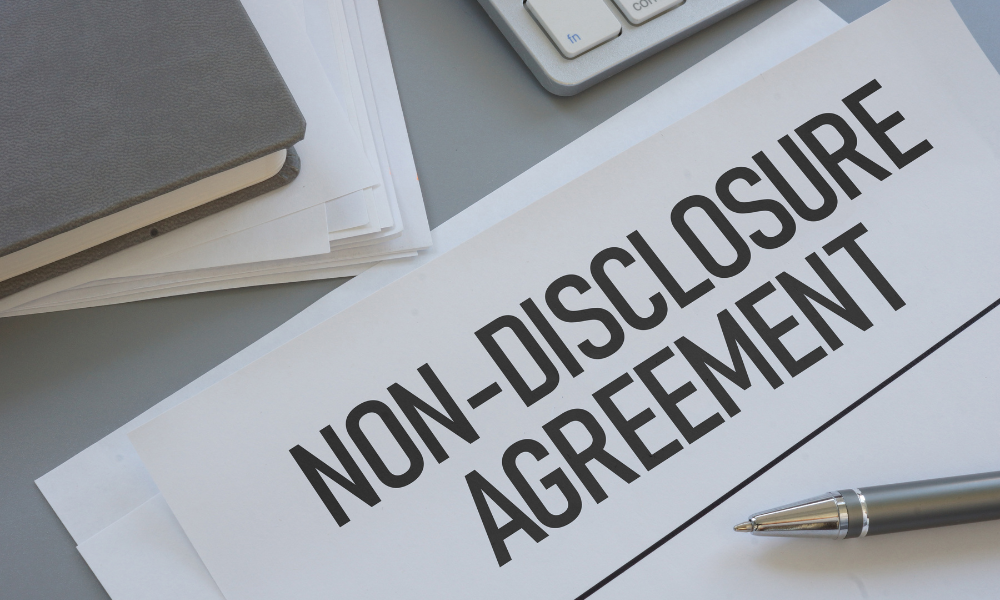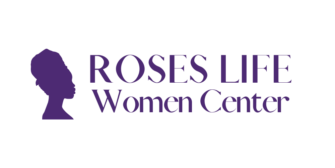
You can find NDAs everywhere and anywhere. They will be in workplaces, courtrooms, businesses, etc. NDAs can help protect privacy but they can also raise ethical concerns.
In this blog post we will be looking at how NDAs are used in Canada, their potential for misuse and the growing demand for reform.
Protecting Business Interests
NDAs are useful in helping companies protect themselves.
- Protect their intellectual property.
- Maintain their competitive edge against competitors.
- Secure their trade secrets.
NDAs are important in areas like media, law and tech.
Risks For Employees
NDAs have potential risk for employees such as;
- Prevent people from being able to speak out about any workplace issues within the company.
- It will restrict what employees can say during and or after their job.
While NDAs are legal, they can be used to silence discrimination or harassment which are being challenged in court more frequently.
Controversial Uses
NDAs have been used in controversial cases such as;
- Hide any misconduct that happens within the business or with employees.
- Silence victims of abuse or harassment.
Critics say NDAs can protect not only legal businesses but also protect wrongdoers and prevent people from taking accountability. This happens in high profile or public institutions.
Calls For Reform
There has been rising pressure across Canada to;
- Ban NDAs for sexual misconduct cases.
- Ensure NDAs don’t suppress whistleblowers (“involves actions taken to prevent individuals from reporting wrongdoing”).
- That they should require legal advice before signing any NDAs.
NDAs play many key roles in Canada’s Laws, but they need to be used ethically and properly. Awareness continues to grow and so does the drive for balance with confidentiality, transparency and justice.
Do you have questions or thoughts on NDAs? Drop your comment below.


